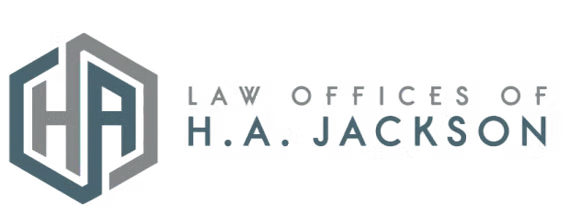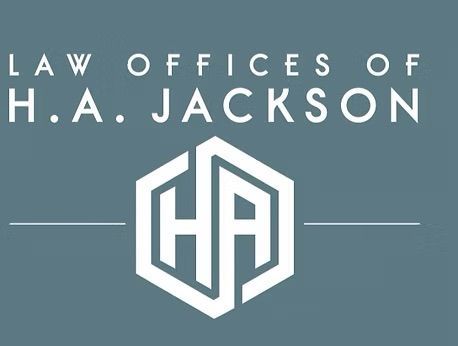Mastering Legal Discovery: Strategies and Insights
May 21 2025 15:00
For fans of crime dramas or true crime documentaries, the term 'discovery' might conjure images of intense courtroom battles and surprise evidence revelations. However, in the real world of legal proceedings, discovery is a strategic phase designed to ensure transparency and fairness before a trial begins. It's a crucial step in the legal process that helps both parties access pertinent information, reducing the likelihood of unexpected revelations during the trial.
An effective discovery strategy is fundamental for any legal proceeding. Let's explore some key aspects of the discovery process that can shape the outcome of a case.
Request for Production
Requests for Production involve asking the opposing party to provide specific documents such as contracts, emails, or financial records. This phase uncovers invaluable evidence that can be pivotal in building a strong argument or defense. For instance, uncovering an email that contradicts a party's claims can significantly influence settlement discussions.
Depositions
Depositions are formal interviews where attorneys question witnesses under oath, and the sessions are typically recorded. They play a vital role in assessing a witness's credibility and preserving their testimony for future reference. A well-conducted deposition can prepare attorneys for cross-examination and help refine case strategies.
Subpoenas
Subpoenas are court orders compelling individuals to testify or produce documents pertinent to a case. They are necessary tools for obtaining evidence that might otherwise be out of reach. For example, subpoenaing a third-party business to produce transaction records could uncover financial discrepancies relevant to the case.
Requests for Admissions
This part of discovery seeks to streamline the trial by narrowing down the issues in dispute. By asking the opposing party to admit or deny certain facts, attorneys can focus on the actual points of contention, saving time and resources. For instance, a request for admission might confirm the date a contract was signed, leaving only the terms at issue.
Expert Witness Disclosures
During discovery, both parties disclose any expert witnesses they intend to call, along with their reports. This transparency ensures that the expert testimony is scrutinizable and fair. Knowing in advance the experts involved allows attorneys to prepare adequately, whether by identifying counter-experts or formulating questions for cross-examination.
Interrogatories
These are written questions that the opposing party must answer under oath. Interrogatories can clarify key facts of the case and refine legal positions. For example, asking detailed questions about a party's version of events can reveal inconsistencies that may be exploited in court.
In summary, mastering the discovery phase requires meticulous preparation, transparency, and strategic planning. By engaging in comprehensive discovery, parties can ensure a fair trial and avoid last-minute surprises that could jeopardize their case. Legal professionals recommend that individuals involved in litigation consult with experienced attorneys to navigate this complex process effectively.

